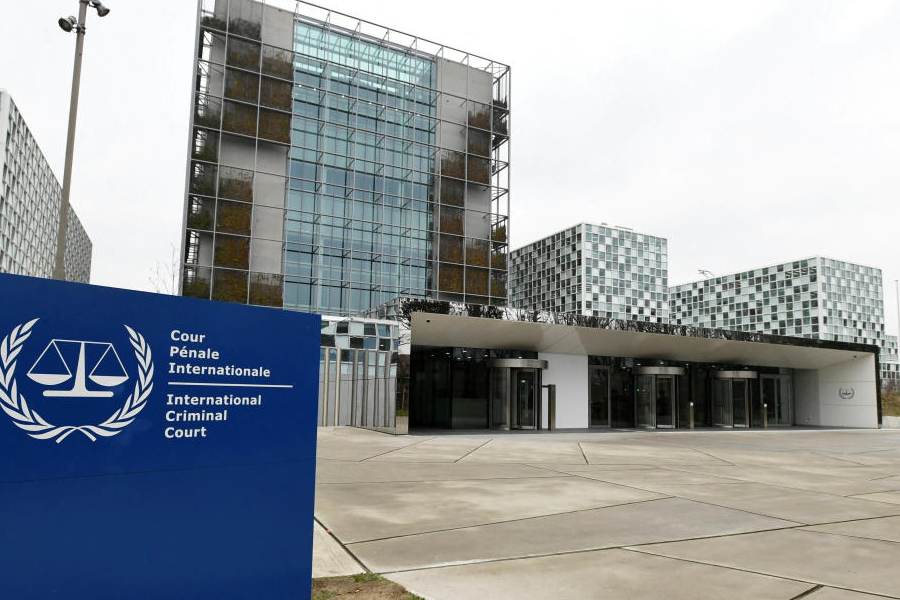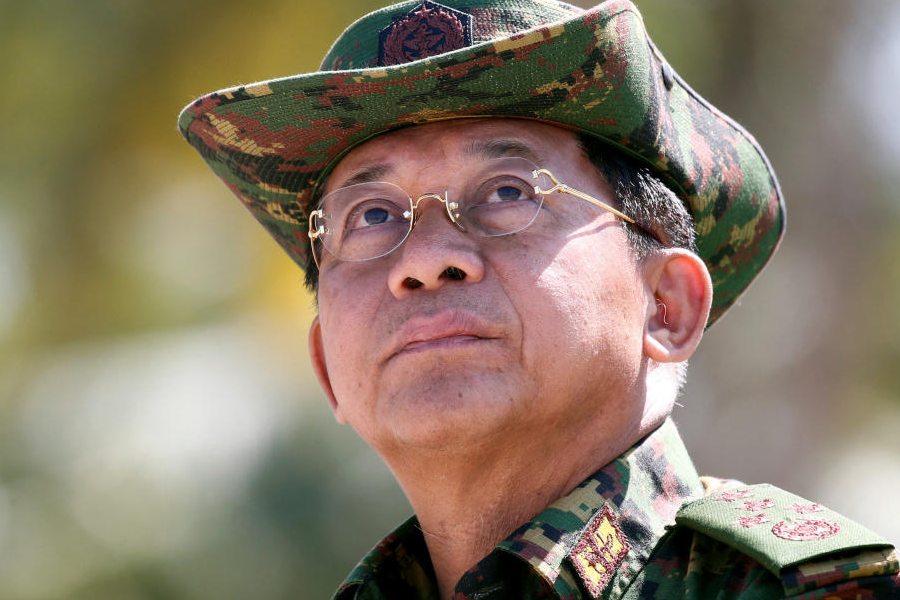The president of the International Criminal Court on Monday said threats facing the institution, including possible U.S. sanctions and Russian warrants for staff members, "jeopardise its very existence".
Speaking at an annual conference of the court's 124 members, President Judge Tomoko Akane did not name Russia or the United States, but referred to them as permanent members of the U.N. Security Council.
"It's clear by any metric, by any benchmark, this assembly is at a pivotal time," ICC prosecutor Karim Khan said in his speech at the opening of the conference.
"We are facing unprecedented challenges. We see civil society victims, survivors, humanity at large, I think have unprecedented expectations."
Russia issued an arrest warrant for ICC chief Prosecutor Karim Khan two months after the court in The Hague issued a warrant for Russian President Vladimir Putin.
The United States House of Representatives in June passed a bill to sanction the court in response to Khan's request for an arrest warrant against Prime Minister Benjamin Netanyahu and his former defence chief, Yoav Gallant.
"The Court has been subjected to attacks seeking to undermine its legitimacy and ability to administer justice and realise international law and fundamental rights; coercive measures, threats, pressure and acts of sabotage," Akane said, adding that more warrants had been issued against court employees.
The ICC is also "being threatened with draconian economic sanctions from institutions of another permanent member of the Security Council as if it was a terrorist organisation. These measures would rapidly undermine the Court's operations in all situations and cases and jeopardise its very existence," she said.
While the United States is not a member of the court, the world's preeminent military and financial power could undermine the ICC diplomatically and politically and with financial sanctions targeting its staff.
She said the court firmly rejects any "attempt to influence (its) independence and impartiality. We resolutely dismiss efforts to politicise our function. We have and always will comply only with the law, under all circumstances."
The court was established in 2002 to prosecute war crimes, crimes against humanity, genocide and the crime of aggression when member states are unwilling or unable to do so themselves.
It can prosecute crimes committed by nationals of member states or on the territory of member states by other actors. Its budget for 2024 was about 187 million euros ($197 million).












